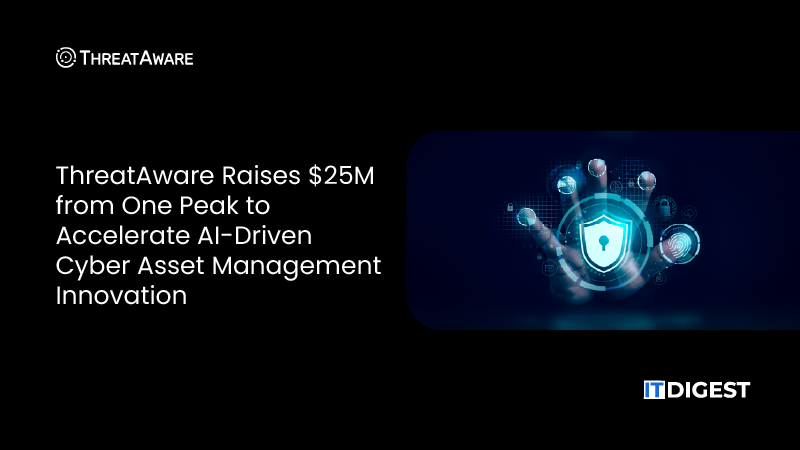Veeam Software, the #1 leader by market share in Data Protection and Ransomware Recovery, announced the release of new Veeam Kasten for Kubernetes V7.0 during Red Hat Summit 2024. With more than 30 new features and enhancements, this milestone version from Veeam, the leading provider of Kubernetes data protection solutions, delivers rigorous, standard-compliant security measures including Federal Information Protection Standard (FIPS) for federal sector environments. This brings enhanced ransomware protection, including integrations with Microsoft Sentinel, and broadens enterprise integration opportunities for large-scale Kubernetes application platforms, including Red Hat OpenShift.
Container usage continues to rise, with 59% of enterprises running containers in production and another 37% either rolling them out or planning to do so.i Addressing the market need for robust container security alongside expanded Kubernetes deployments, Veeam Kasten V7.0 delivers cyber resilience and enterprise-focused innovation to help customers efficiently protect and secure their applications and data. These capabilities are critical to enabling organizations’ application modernizations and migrations away from traditional on-premises virtual machines (VMs), particularly through Red Hat OpenShift Virtualization, even if they aren’t ready to fully refactor their applications now. This release notably strengthens Veeam’s collaborations with Red Hat and Microsoft further broadening the solution’s capabilities.
“Veeam continues to set the standard in Kubernetes data protection and is trusted by the world’s largest organizations,” said Gaurav Rishi, vice president of Product Management at Veeam. “Veeam Kasten delivers purpose-built and secure Kubernetes native data protection and application mobility at scale across a wide range of distributions and platforms. Proven to recover entire applications quickly and reliably and coupled with its core tenet of simplicity, Veeam Kasten gives operations and application teams confidence in their cyber resilience and the ability to protect and scale their cloud-native applications more efficiently.”
New key features and enhancements introduced in Veeam Kasten V7.0 include:
- Cyber Resilience:
– Veeam Kasten is the first Kubernetes-native data protection solution that supports FIPS-enabled clusters. In addition to Kasten’s availability on Iron Bank and published Secure Bill Of Materials (SBOM), FIPS 140-3 compliant support ensures rigorous compliance standards for federal and public sector environments.
– Expanded ransomware protection with Azure Blob immutability, RestorePoint visibility, and integration with Azure Sentinel offers enhanced security capabilities.
– Secure authentication, including automatic token generation in Red Hat OpenShift environments and OIDC security enhancements.
- Enterprise Solutions:
– Improved VM and cloud-native backups, enabling efficient protection for varied workload types on Kubernetes.
– Enhanced support for Red Hat OpenShift image streams, container image protection, and space-efficient CephFS snapshots as shallow read-only storage volumes, catering to enterprise-grade Kubernetes environments.
– Disaster recovery (DR) performance enhancements and automated Veeam Backup & Replication Instant Recovery migration for accelerated recovery operations.
– Expanded installation options with new support for Azure Container Marketplace.
“Red Hat OpenShift Virtualization allows IT teams to simplify management and improve time to production by keeping existing workloads running on VMs side-by-side with containers across their full Red Hat OpenShift environment,” said Steve Gordon, senior director, Product Management for Hybrid Cloud Platforms at Red Hat. “We are excited to accelerate our long-standing relationship with Veeam to further enhance support for VMs on OpenShift, enabling our joint users to more easily implement data protection measures at scale, irrespective of how they choose to run it today or in the future.”
SOURCE: Businesswire

































